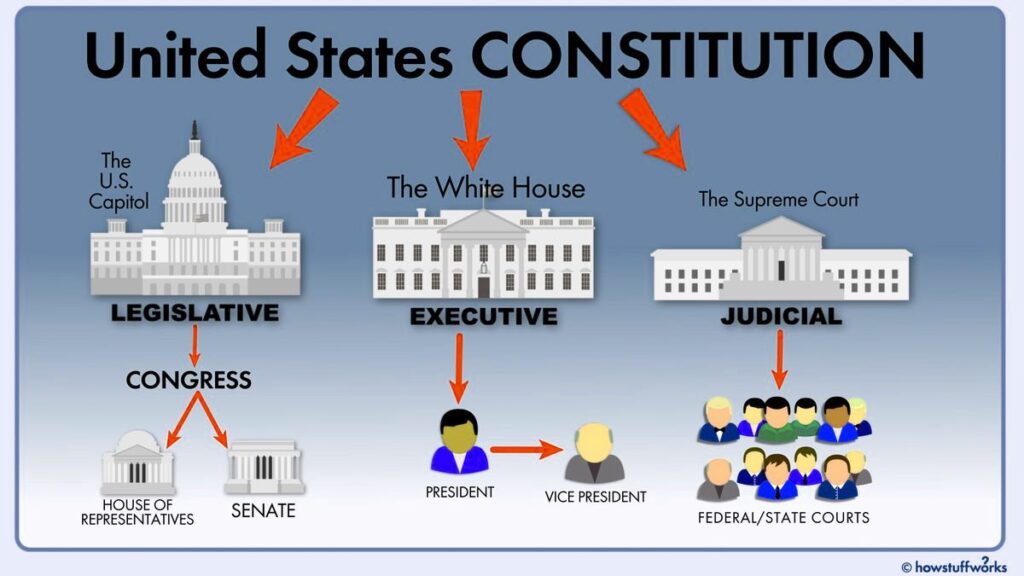TL;DR: Jmail: Accessing Jeffrey Epstein’s Emails Like Gmail
- Over 20,000 pages of Jeffrey Epstein’s emails have been released.
- Jmail reformats these emails into a Gmail-like interface for easier access.
- Google’s Gemini AI enhances the readability and searchability of the documents.
- The Epstein Files Transparency Act mandates public access to certain records.
- Investigations into Epstein and associated figures are ongoing.
Overview of Jeffrey Epstein Email Release
In November 2023, the House Oversight Committee released over 20,000 pages of emails related to Jeffrey Epstein, a convicted sex offender whose connections to powerful individuals have long been scrutinized. This release has sparked renewed interest in Epstein’s activities and the people associated with him, including notable figures such as former Harvard president Larry Summers. The emails cover a wide range of topics and interactions, providing insight into Epstein’s network and operations.
The release of these emails is significant not only for its content but also for the manner in which it has been made accessible to the public. The emails have been reformatted into a user-friendly interface reminiscent of Gmail, allowing users to navigate the documents more easily. This initiative, dubbed “Jmail,” was developed by Luke Igel and Riley Walz, who aimed to make the information more digestible for those investigating Epstein’s connections and activities.
Investigations Prompted by Released Emails
The release of Epstein’s emails has prompted multiple investigations into his past and the individuals who interacted with him. Law enforcement agencies and oversight bodies are now examining the implications of the communications, which may reveal new leads or corroborate existing allegations.
Key Figures Involved
Among the prominent figures mentioned in the emails is Larry Summers, who has faced scrutiny due to his past associations with Epstein. The emails may shed light on the nature of these interactions and the extent of their professional or personal relationships. Other notable individuals connected to Epstein, including politicians, academics, and business leaders, are also under investigation as their communications are scrutinized for potential wrongdoing or complicity.
Impact on Ongoing Investigations
The release of these emails is expected to have a substantial impact on ongoing investigations. Law enforcement agencies are likely to use the information contained within the emails to follow up on leads, interview witnesses, and build cases against individuals who may have been involved in Epstein’s illicit activities. The emails could provide critical evidence that may influence the direction of these investigations.
Introduction to Jmail: A New Way to Access Emails
Jmail is an innovative platform designed to provide access to Jeffrey Epstein’s emails in a format that is familiar to many users. By mimicking the layout of Gmail, Jmail allows users to search through the extensive collection of emails with ease. The platform’s design aims to facilitate a more thorough examination of the documents, making it easier for journalists, researchers, and the general public to engage with the content.
The use of Jmail represents a shift in how sensitive information can be presented to the public. By transforming the raw data into a more accessible format, Jmail not only enhances user experience but also promotes transparency regarding Epstein’s communications. This initiative underscores the importance of making public records available in a manner that encourages scrutiny and accountability.
Technological Enhancements: Google’s Gemini AI
The transformation of Epstein’s emails into the Jmail format was made possible through the use of Google’s Gemini AI. This advanced technology plays a crucial role in enhancing the readability and searchability of the documents.
Optical Character Recognition Explained
Optical Character Recognition (OCR) is a technology that converts different types of documents, such as scanned paper documents or PDFs, into editable and searchable data. In the case of the Epstein emails, OCR was employed to digitize the content, allowing users to search for specific terms or phrases within the vast collection of emails. This process not only improves accessibility but also ensures that the information can be easily navigated by those looking for specific details.
Improving Readability and Searchability
The integration of Gemini AI has significantly improved the readability of the emails. Users can now engage with the content more effectively, as the AI enhances the formatting and presentation of the text. This improvement is particularly important given the volume of information released, as it allows users to quickly locate relevant discussions and insights without wading through pages of unformatted text.
Searching Within the Epstein Emails
The ability to search within the Epstein emails is a key feature of the Jmail platform. Users can utilize various search strategies to find specific information, making the process of investigation more efficient.
Using Keywords for Efficient Searches
One of the most effective ways to navigate the emails is by using targeted keywords. By entering specific terms related to individuals, events, or topics, users can quickly access relevant emails. This method not only saves time but also allows for a more focused examination of the content, enabling users to identify key discussions or communications that may be pertinent to their inquiries.
Examples of Search Terms
Examples of effective search terms include names of individuals associated with Epstein, such as “Larry Summers,” or topics of interest like “funding” or “investments.” By using these keywords, users can uncover discussions that may reveal insights into Epstein’s operations and relationships. The ability to search efficiently is crucial for those looking to understand the broader implications of the released emails.
Legislative Context: The Epstein Files Transparency Act
The release of Epstein’s emails coincides with the enactment of the Epstein Files Transparency Act, which aims to enhance public access to government records related to Epstein and his activities.
Requirements for Public Disclosure
The Epstein Files Transparency Act mandates that the Attorney General must make publicly available all unclassified records, documents, communications, and investigative materials within 30 days. This requirement is intended to promote transparency and accountability regarding the government’s handling of Epstein-related information. The act reflects a growing demand for openness in the wake of high-profile cases involving powerful individuals.
Exemptions to Information Release
While the act promotes transparency, it also includes provisions that allow for certain exemptions. Information that could jeopardize ongoing investigations or prosecutions may be temporarily withheld from public release. This balance between transparency and the need to protect active cases is critical in ensuring that the law serves its intended purpose without compromising justice.
Future Implications of the Email Release
The release of Jeffrey Epstein’s emails and the establishment of Jmail have significant implications for public discourse and the ongoing investigations into Epstein’s activities. As more individuals engage with the content, the potential for new revelations and insights increases.
The accessibility of these emails may lead to a broader public understanding of the complexities surrounding Epstein’s network and the individuals involved. This increased scrutiny could result in further investigations, legal actions, or policy changes aimed at addressing the issues highlighted by the released communications.
Moreover, the technological advancements represented by Jmail and Google’s Gemini AI may set a precedent for how sensitive information is shared and accessed in the future. As society continues to grapple with issues of transparency and accountability, the methods used to disseminate information will play a crucial role in shaping public perception and action.
The Implications of Jmail on Public Discourse
The introduction of Jmail and the release of Epstein’s emails mark a significant moment in the intersection of technology and public accountability. As more people engage with these documents, the implications for public discourse are profound.
Understanding the Role of Technology in Transparency
Technology has the power to enhance transparency and facilitate public access to information. Jmail exemplifies how digital tools can be leveraged to present complex data in a user-friendly format. This shift towards greater accessibility is essential for fostering informed public discourse and encouraging civic engagement.
The Ethical Considerations of Public Access to Private Communications
While the release of Epstein’s emails promotes transparency, it also raises ethical questions regarding the public’s right to access private communications. Balancing the need for accountability with respect for individual privacy is a critical consideration as society navigates the implications of such disclosures. The ongoing discussions surrounding these issues will shape future policies and practices related to public access to sensitive information.

